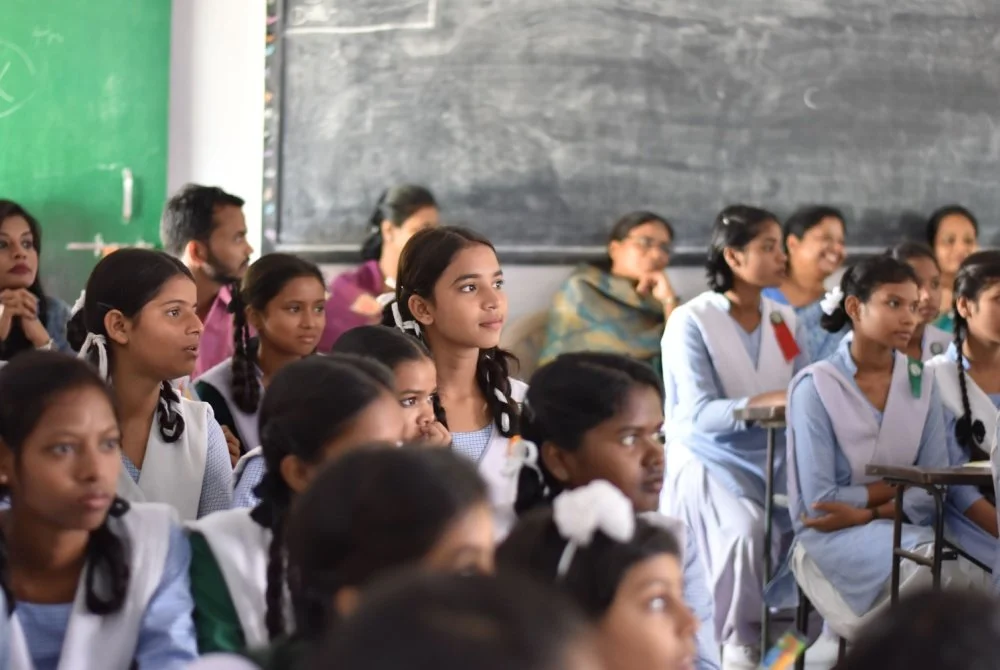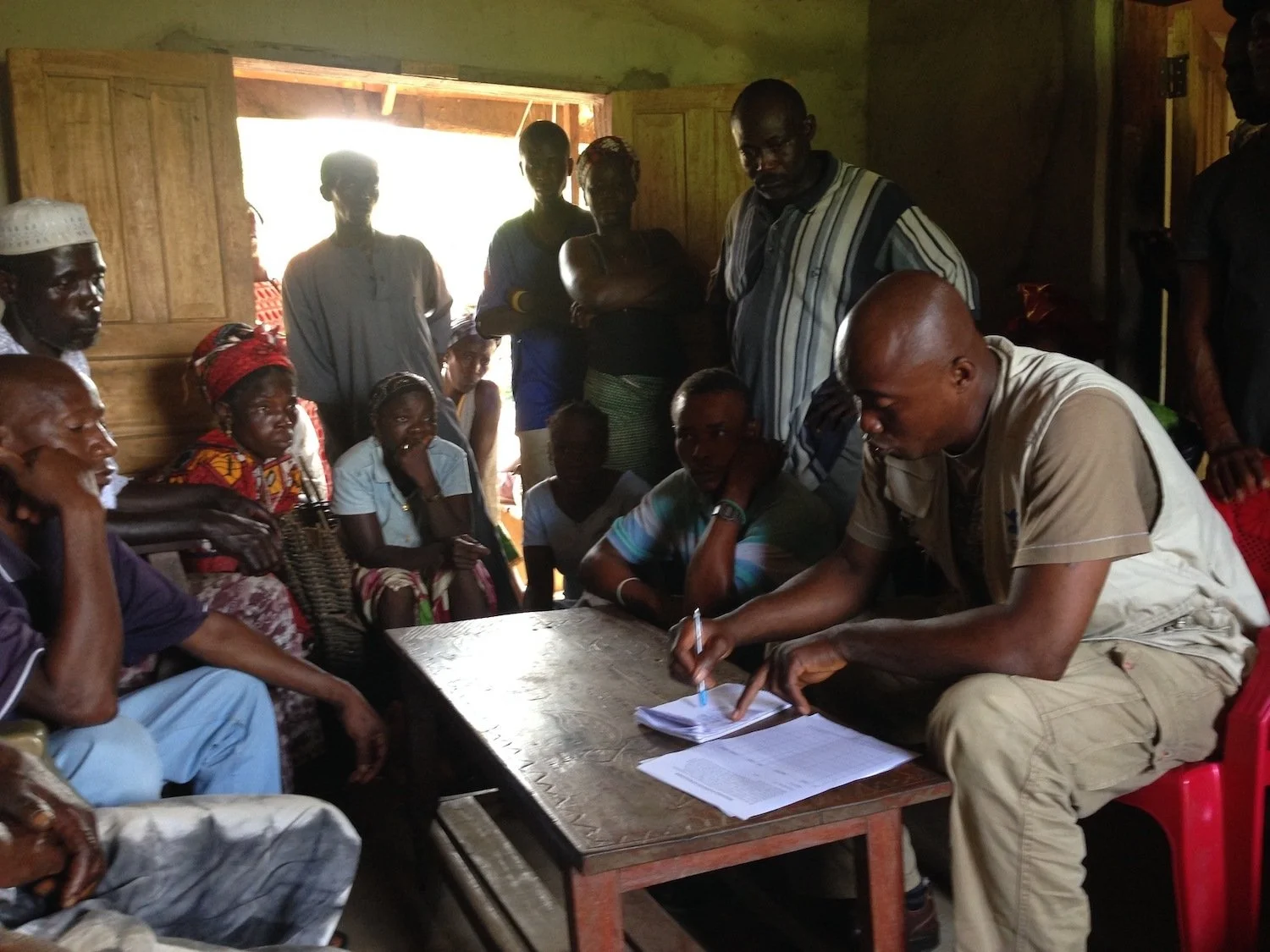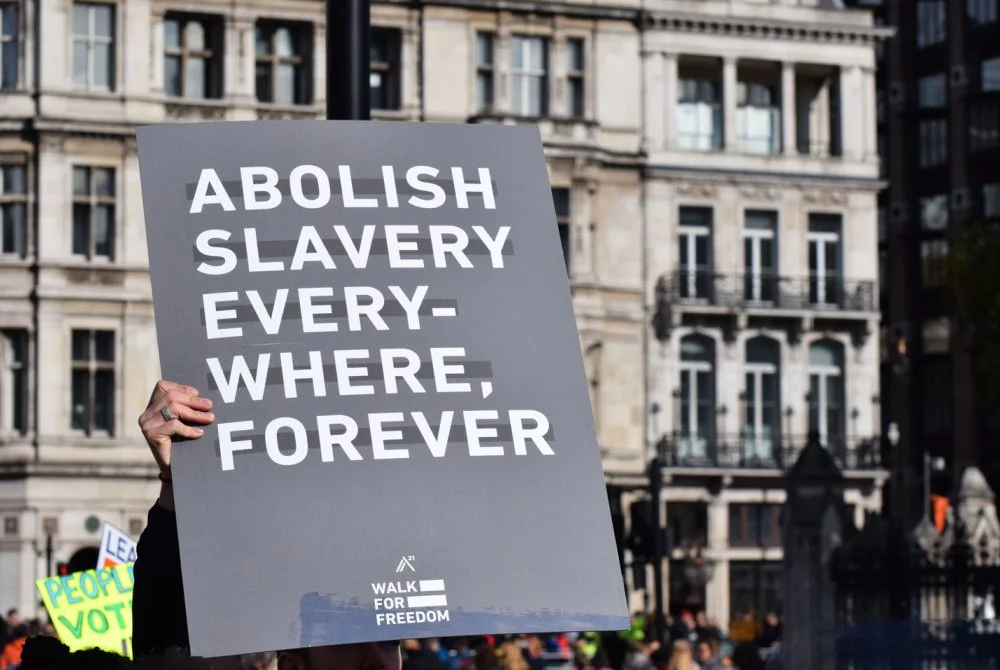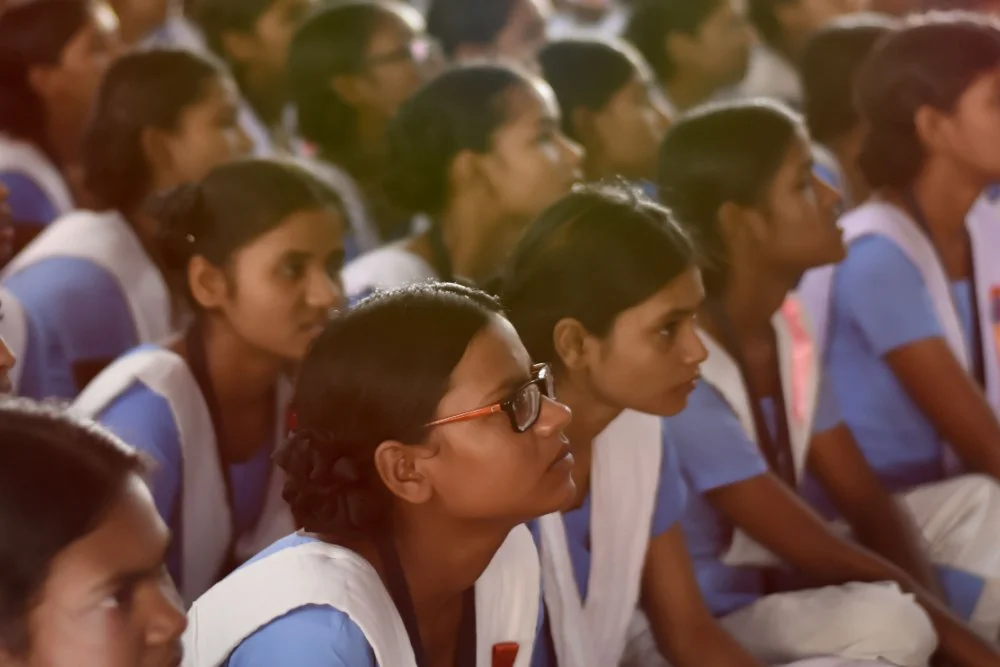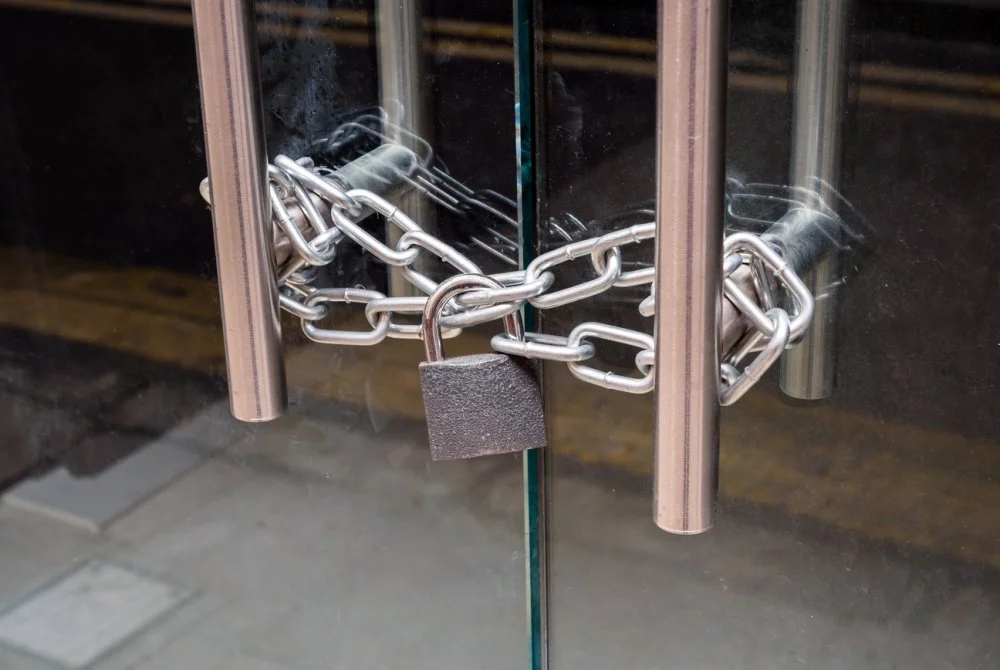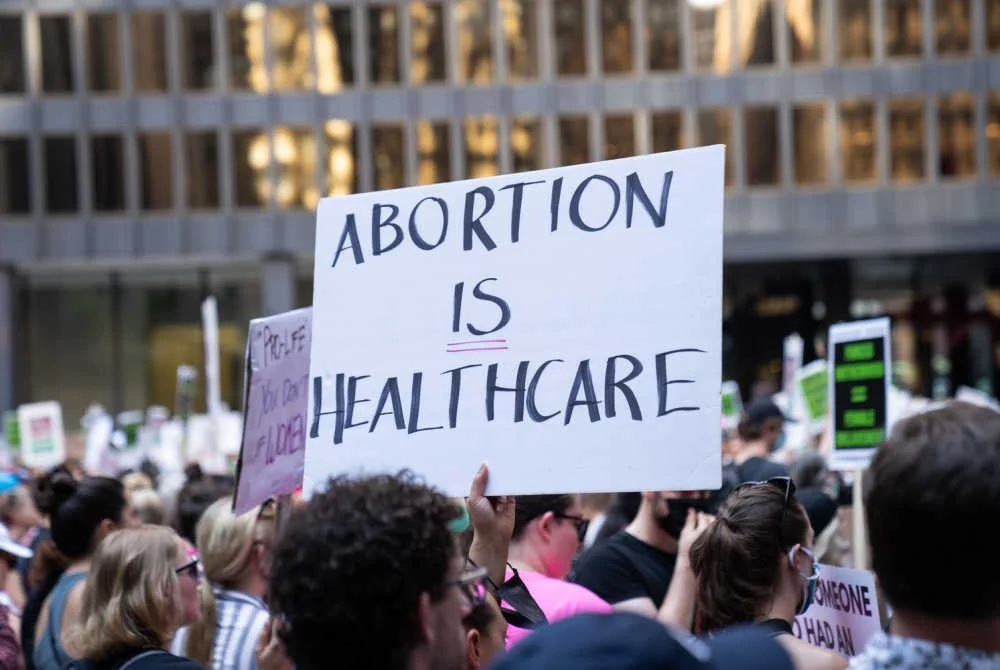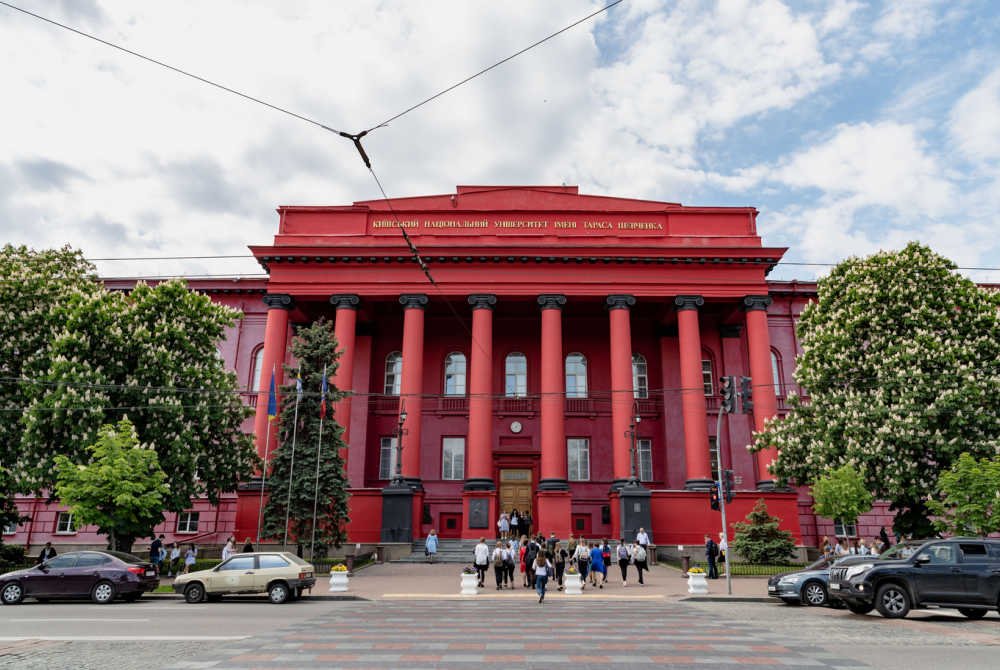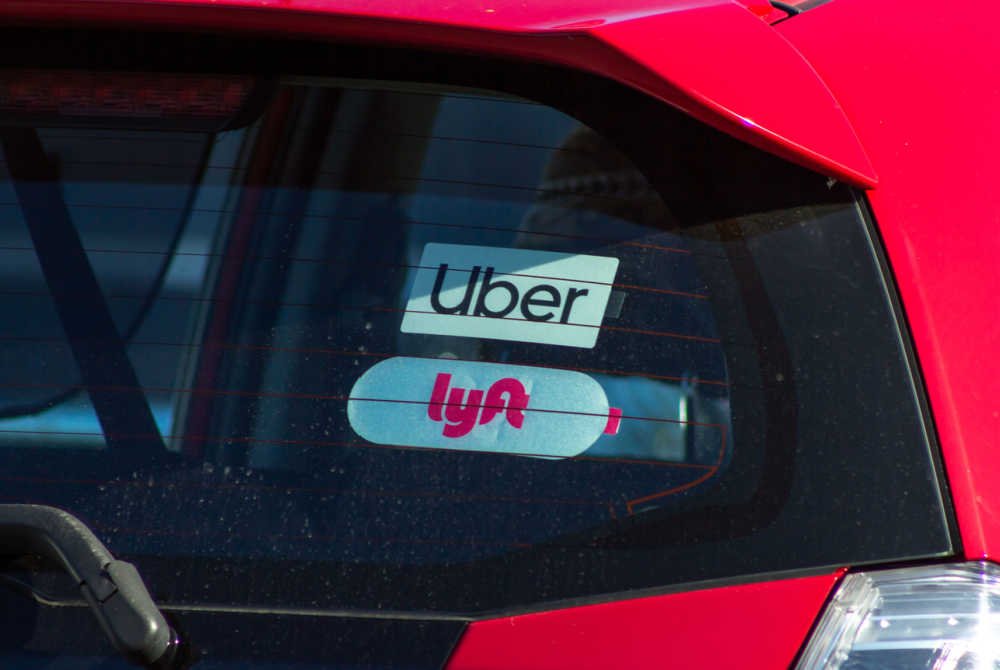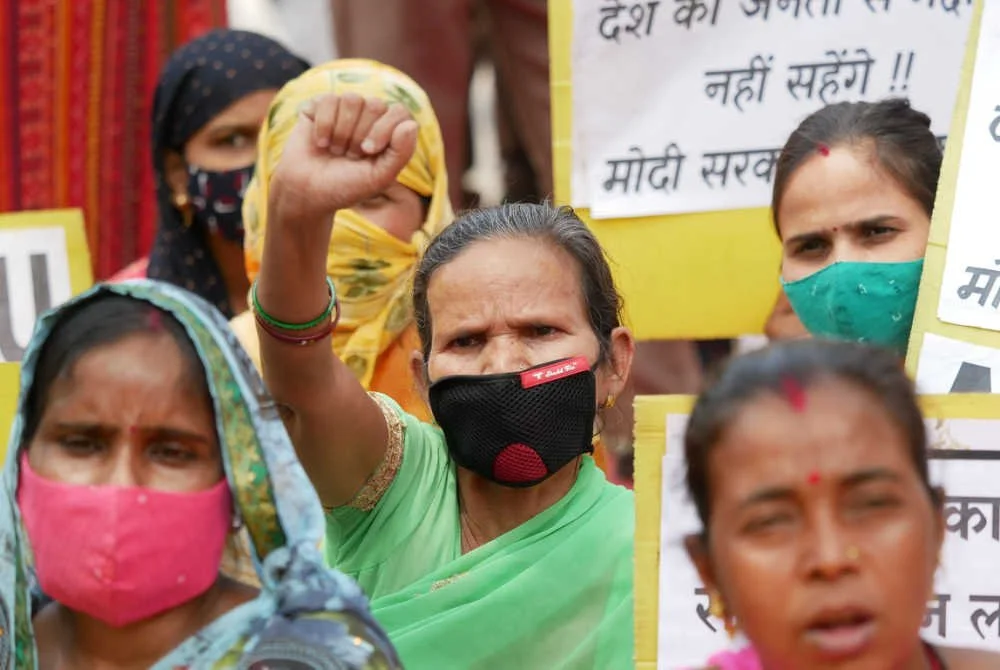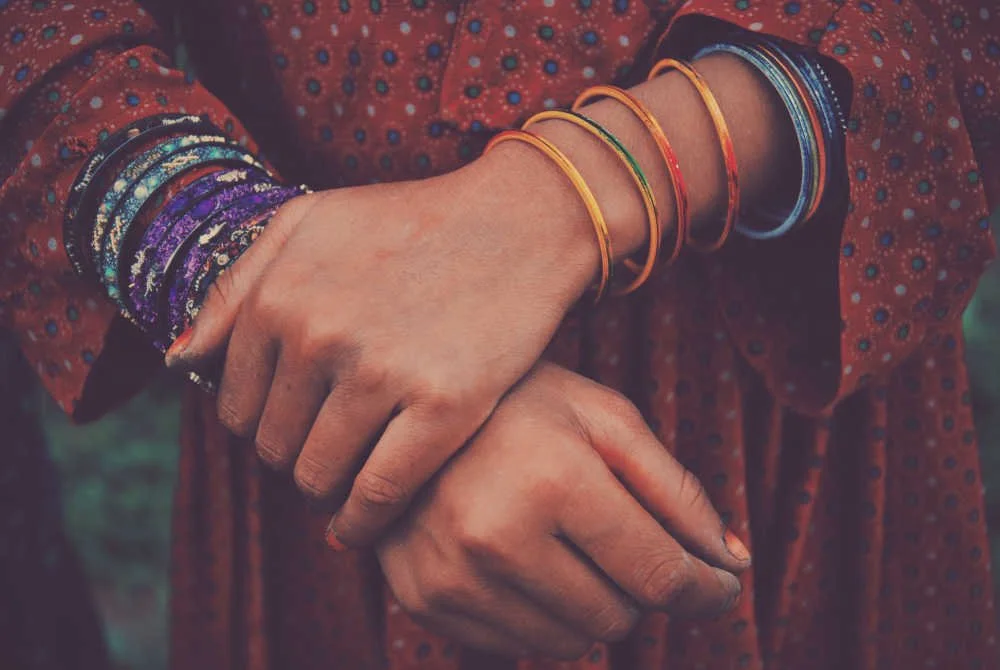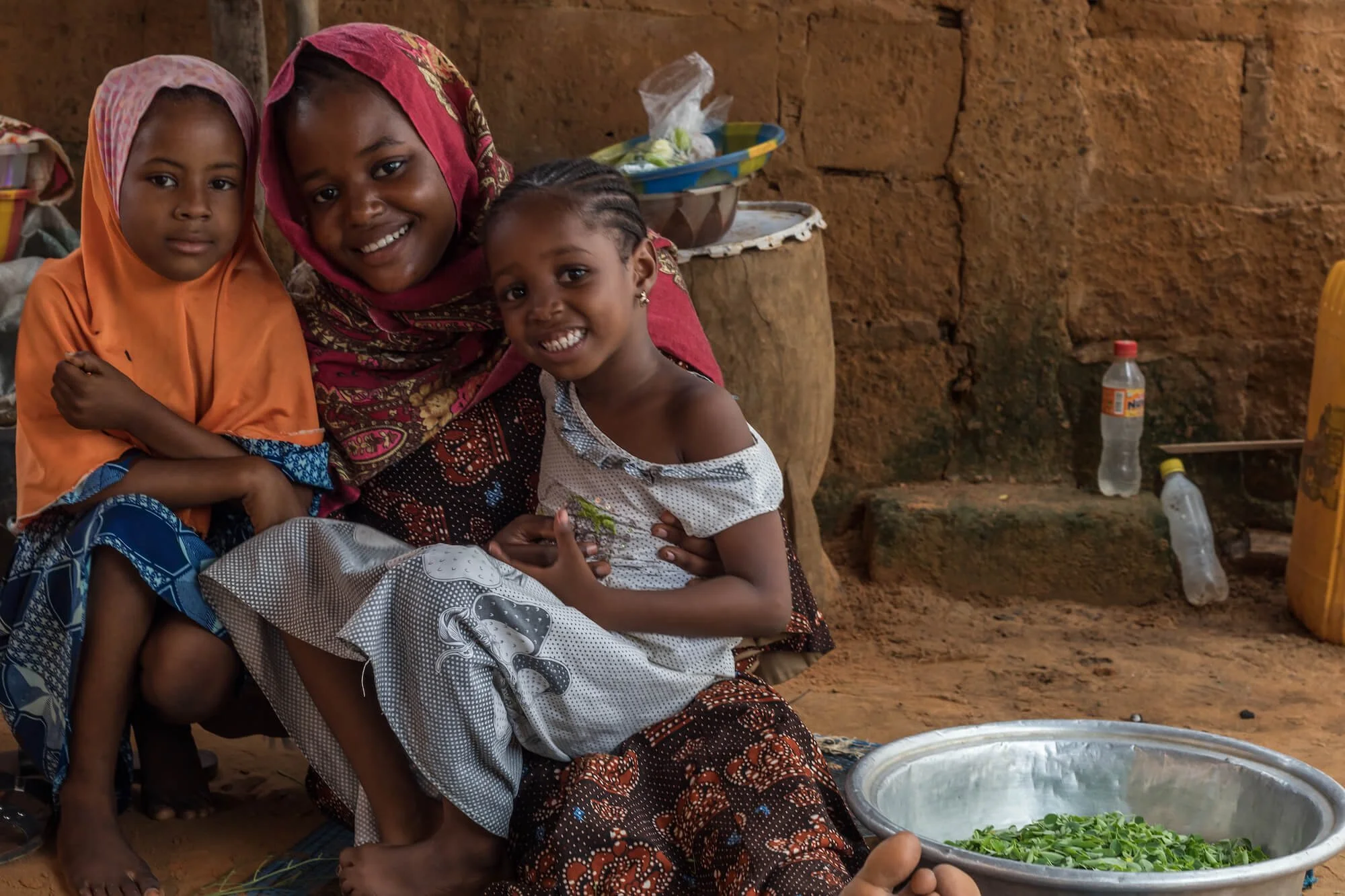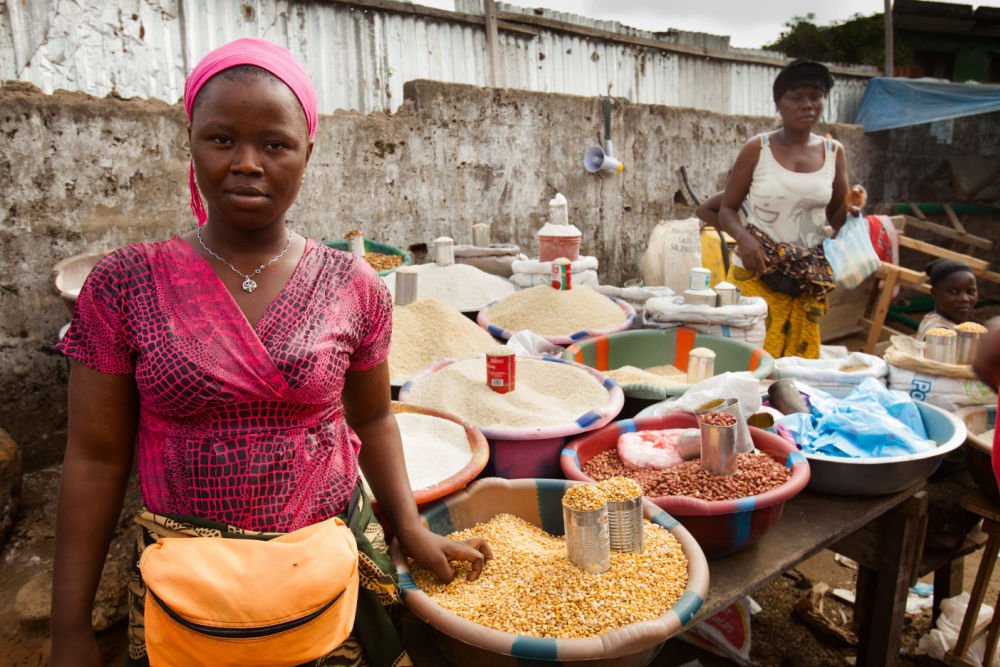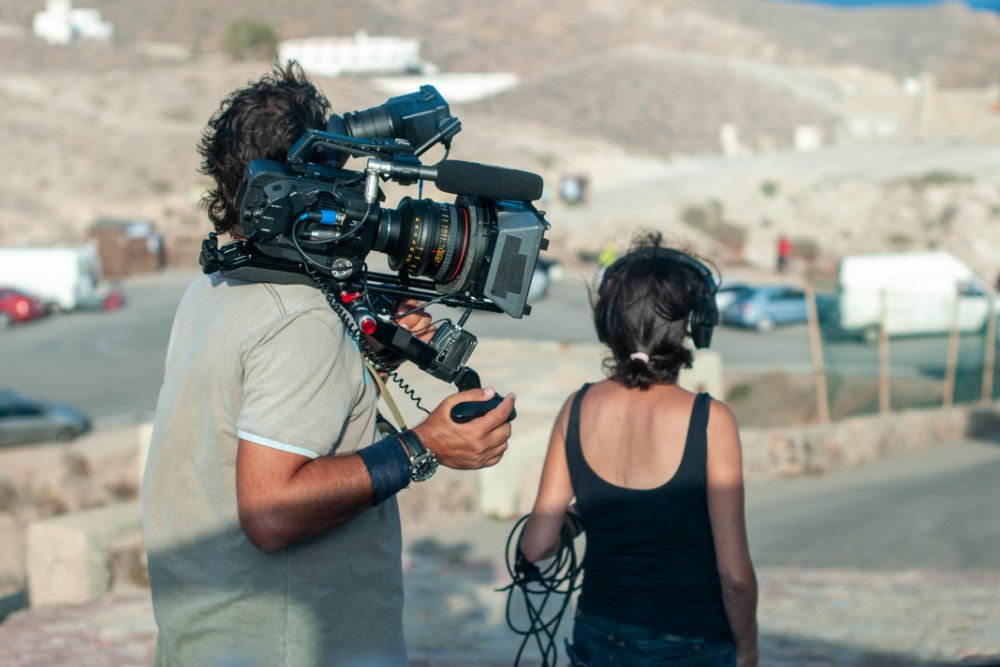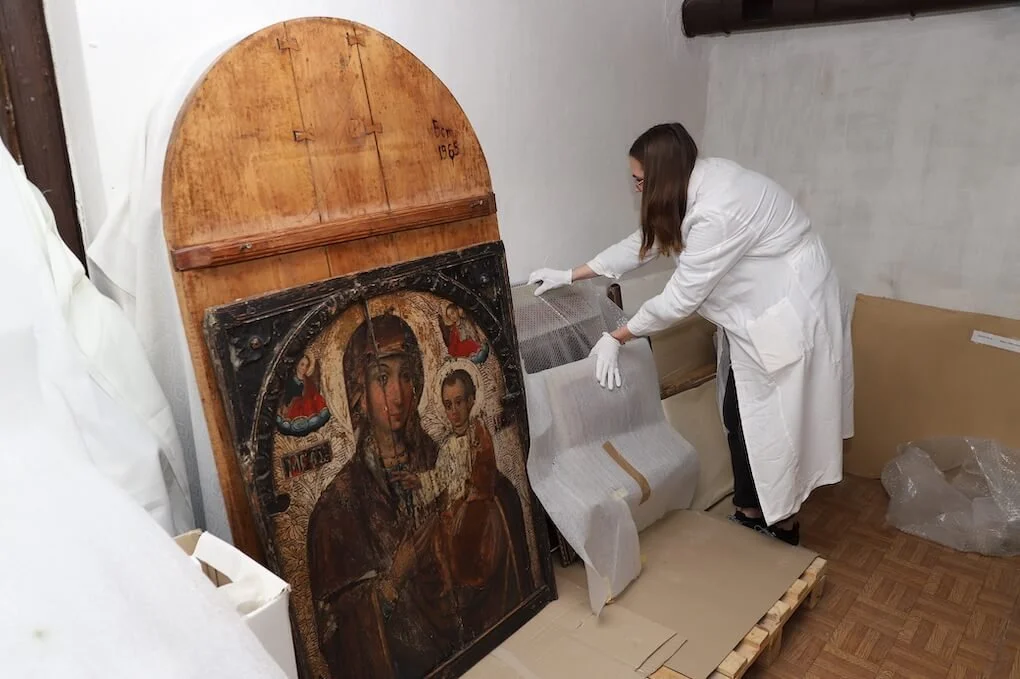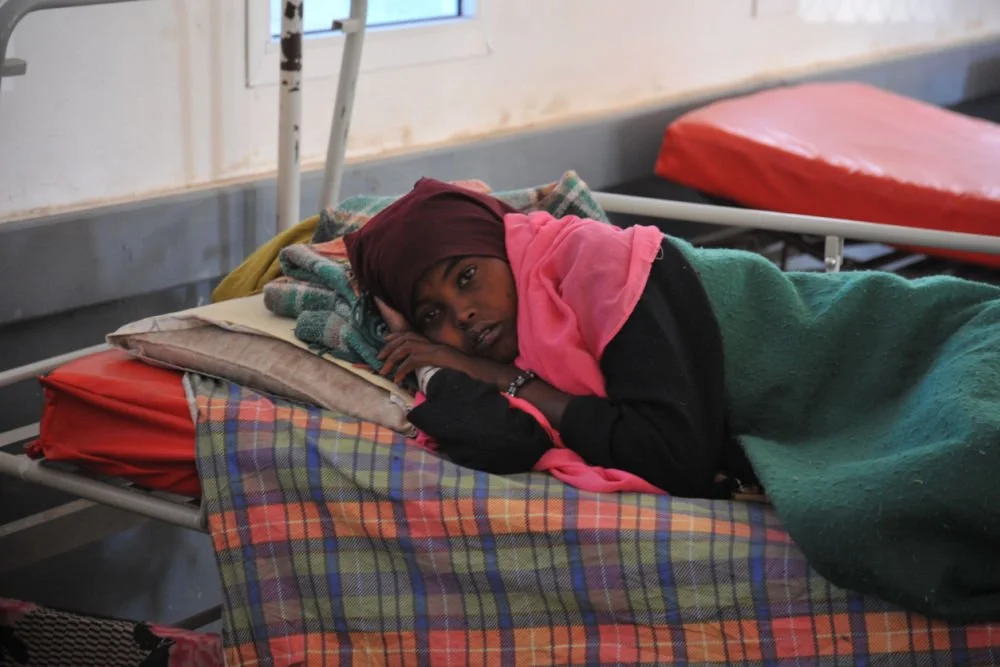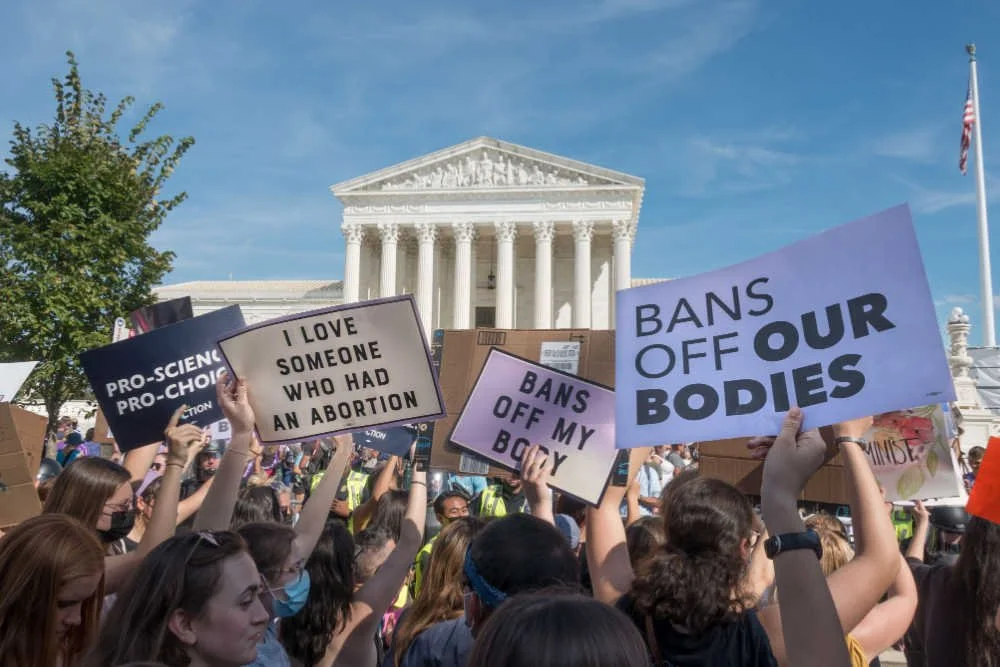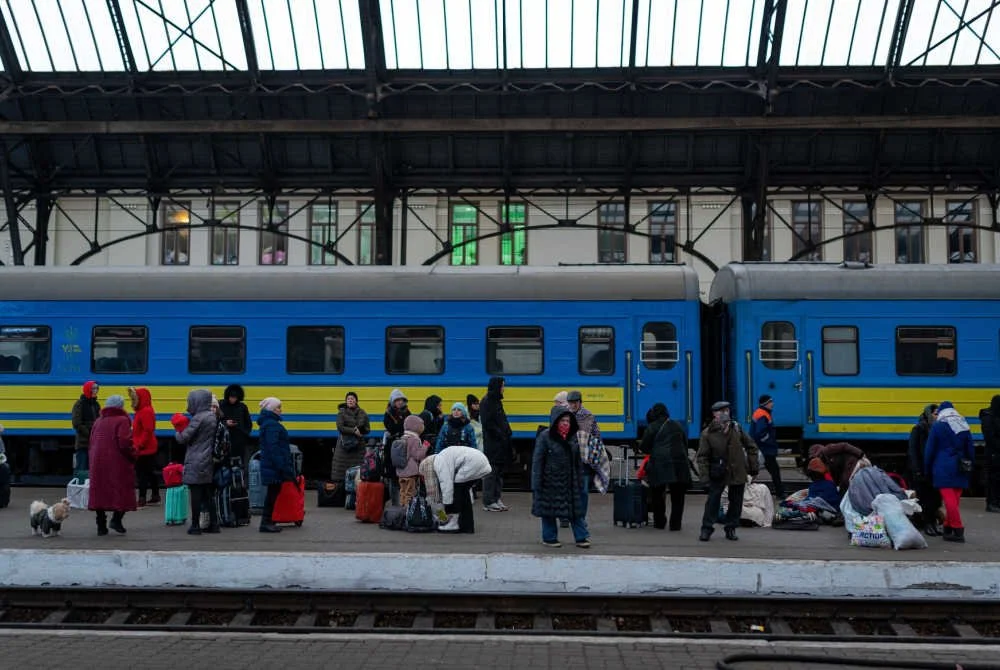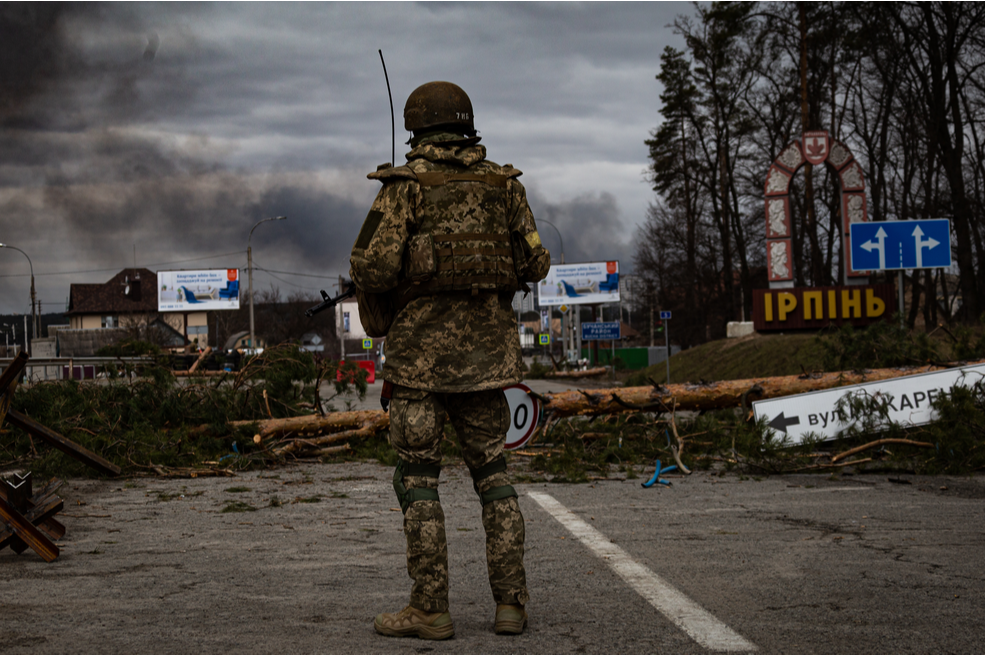Funding the New Abolitionism: Who's Giving to End Modern Day Slavery?
/Google and Humanity United are among the $500,000-plus backers of the Polaris Project, which describes itself as a “leader in the global fight to eradicate modern slavery.” But these funders aren’t simply cutting big checks and bolting. They appear to be engaged for the long haul in the war to end modern slavery.
In 2011, Google gave $11.5 million to combat slavery. Of that, $8 million went to the International Justice Mission in India in support of anti-slavery coalitions, direct intervention projects, and government-led rescue operations. At that time, Google also gave nearly $2 million to the U.S. Anti-Trafficking Resource Center hotline. The hotline is a partnership between Polaris, Slavery Footprint, and the International Justice Mission.
More recently, Google offered up £1 million to U.K.’s Home Office to launch a helpline for victims of slavery, which will be based on the U.S. hotline operated by Polaris. Google has also granted its $3 million Global Impact Award to support a “data collaboration to disrupt human trafficking.” And the foundation has supported the likes of anti-slavery groups such as La Strada International and Liberty Asia.
Ending slavery and human trafficking is also a top priority for Humanity United—an Omidyar outfit working to protect some of the world’s most vulnerable populations. Its Advancing Freedom grantmaking program supports groups working in anti-slavery advocacy, private sector engagement, and those that are encouraging increased government leadership on the matter.
Related: Humanity United: Grants for Global Security and Human Rights
Humanity United has also launched two separate organizations to advance its anti-slavery strategy: the Alliance to End Slavery and Trafficking and the Freedom Fund. The Freedom Fund—for which Humanity United is a founding partner—is a $100 million private donor fund with the sole purpose of combating slavery.
Then there’s Humanity United’s private-public Partnership for Freedom program, which awards grants to groups that are applying “innovative solutions to human trafficking challenges.” Announced by President Obama in 2012, the partnership is led by Humanity United, the U.S. Departments of Justice, Health and Human Services, Housing and Urban Development, State, and Labor.
Google.org and Humanity United are among a handful of funders backing the growing fight against slavery. The Novo Foundation is onboard, as is the Children's Investment Fund Foundation, and the Greenbaum and Salesforce foundations. Other funders can be found in this space, too. The Open Society Foundations is, as one would expect, attuned to this issue, awarding grants over the years for anti-slavery work, including to the group Free the Slaves. For a time, Free the Slaves also got major grants from the Templeton Foundation, and has pulled in support from a wide range of smaller funders. In 2013, ECPAT International, a Thailand-based group that focuses on the trafficking and sexual exploitation of children, received the Conrad N. Hilton Humanitarian Prize, and the $1.5 million grant that came with it.
Still, overall, there's not a lot of anti-slavery money flowing these days, with the vast majority of funders avoiding this very dark corner of grantmaking. In comparison to other global health, development, and humanitarian challenges, modern slavery rarely makes the top of the priority list.
Related: CIFF Joins the Fight Against Modern Slavery
Why isn't there more moral outrage and money here? If anyone takes just a minute to dig into some modern slavery statistics, things get scary really quickly. By many accounts, there are more slaves today than at any time in human history. The exact number of slaves is difficult to nail down, as slavery is illegal in every single country in the world. However, most estimates put it at between 20 and 35 million people.
To gain a bit of perspective, there are twice as many slaves today as there were during the dark days of the trans-Atlantic slave trade. And according to the anti-slavery organization Walk Free, over half of the modern-day slave population consists of women and an estimated one in three are children.
Economically, slavery is big business. The International Labor Organization puts its value at $150 billion worldwide. And this isn’t just a poor country matter. Rich countries have a modern slave problem, as well. Human trafficking is a major problem in the U.S., and has often drawn the attention of funders addressing it at a local level, in large cities like New York and Los Angeles. The Coalition to Abolish Slavery and Trafficking is a key player working this issue in L.A., pulling in support from top local funders like the Weingart, Annenberg, and Ahmanson foundations.
The world may be past due for a new abolitionist movement, but it will require more resources than governments and funders are yet bringing to the table.




